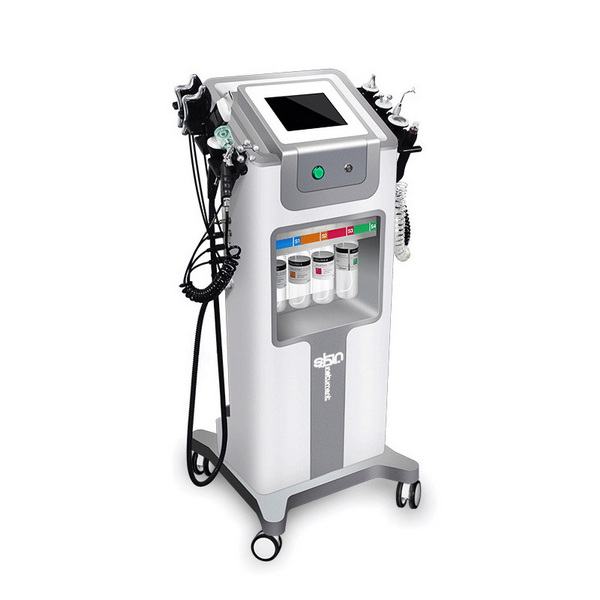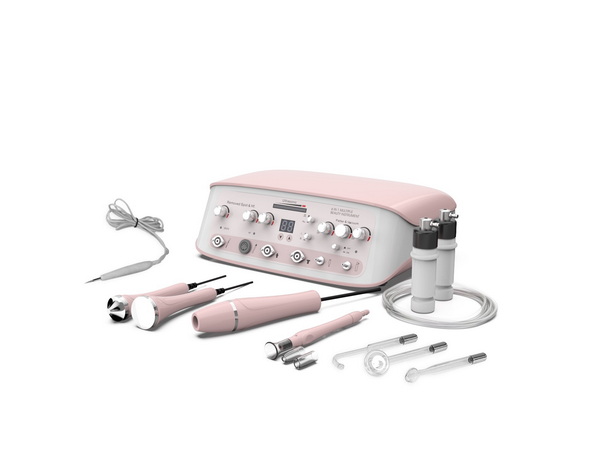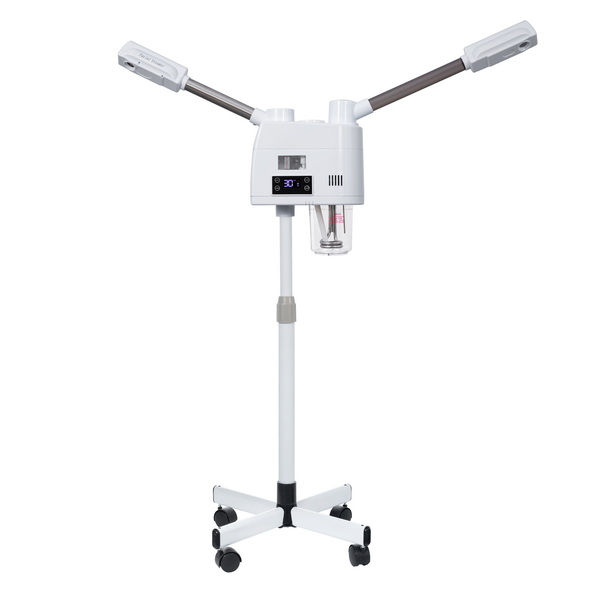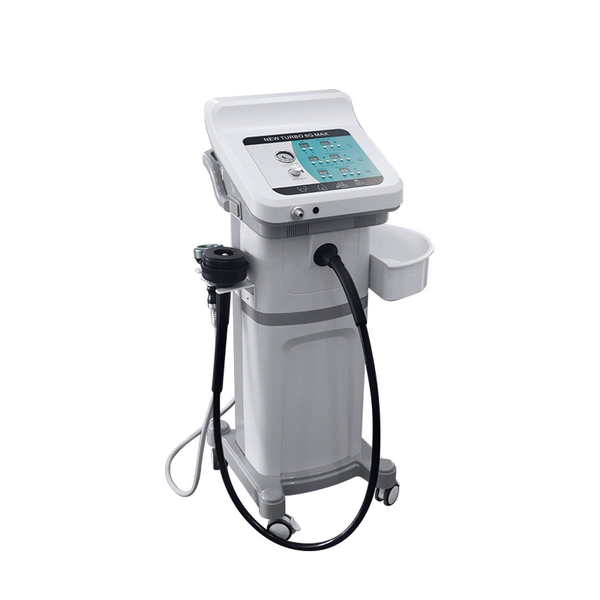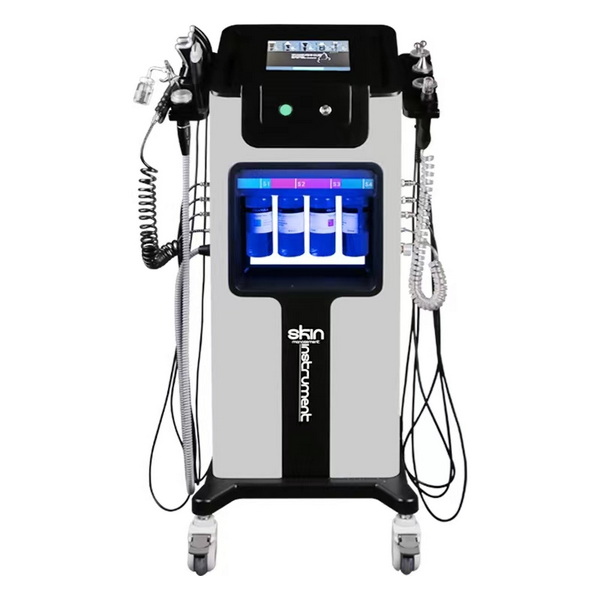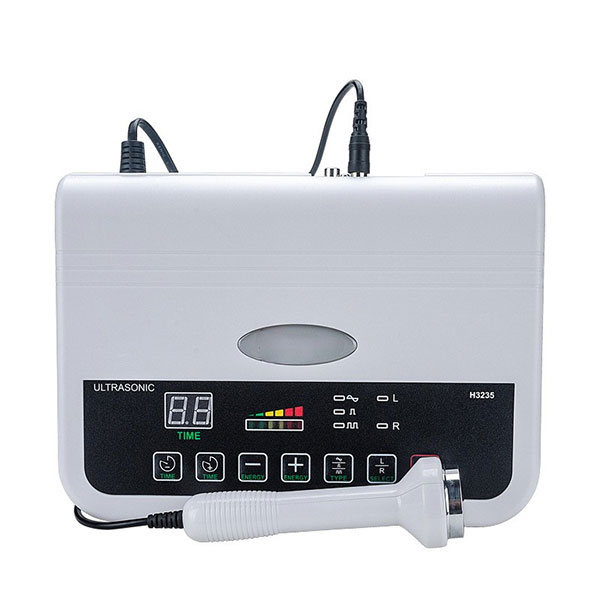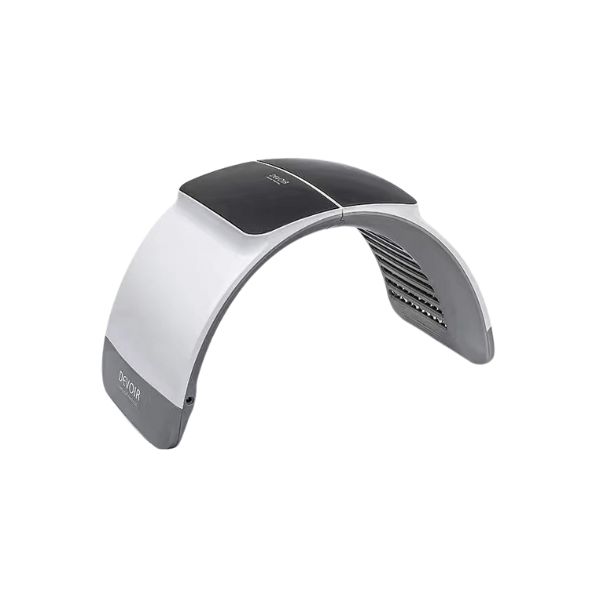Introduction to Face Masks
Face masks have become an essential part of modern skin care routines. Whether you are looking to refresh your skin, combat specific issues like acne or aging, or simply enjoy a relaxing self-care ritual, a face mask can deliver significant benefits. As the demand for beauty products grows globally, face masks continue to evolve in both formulation and functionality.
Types of Face Masks
Sheet Masks
One of the most popular forms of face masks is the sheet mask. Originating from Asia, especially South Korea, sheet masks have become a global phenomenon. These masks are pre-cut and soaked in nourishing serums, targeting various skin concerns such as hydration, brightening, and anti-aging. After placing the sheet on your face for 15 to 20 minutes, the skin absorbs the beneficial ingredients, leaving it feeling refreshed and rejuvenated.
Clay Masks
Clay masks are particularly well-suited for oily and acne-prone skin. They help to absorb excess oils, detoxify pores, and remove impurities from the skin. Common types of clay used in these masks include bentonite and kaolin, each offering distinct benefits. Bentonite clay, for example, is known for its strong detoxifying properties, while kaolin clay is gentler and suitable for sensitive skin.
Gel Masks
Gel masks are perfect for sensitive or dehydrated skin. These face masks are lightweight, soothing, and hydrating. They often contain ingredients such as aloe vera, cucumber, or hyaluronic acid, which provide moisture and calm irritation. Gel masks are particularly beneficial for people with redness, inflammation, or dry patches.
Cream Masks
Cream masks are thick and moisturizing, making them an excellent choice for dry or mature skin types. They contain nourishing ingredients like shea butter, oils, and vitamins that deeply hydrate the skin and improve its texture. These masks are often used overnight, allowing the ingredients to penetrate deeply while you sleep, leaving your skin soft and plump in the morning.

Exfoliating Masks
Exfoliating face masks help to remove dead skin cells and promote cell turnover. They often contain mild acids like glycolic or lactic acid, which exfoliate without being abrasive. Regular use of exfoliating masks can result in smoother, brighter skin with fewer blemishes and wrinkles.
Benefits of Using a Face Mask
Hydration
One of the main reasons people use face masks is to hydrate their skin. Face masks, especially sheet and gel masks, provide an instant surge of moisture. Hydrated skin not only looks plump and youthful but also helps maintain the skin’s barrier function, preventing environmental damage.
Detoxification
Face masks, particularly clay and charcoal-based ones, are known for their detoxifying properties. These masks help draw out impurities from deep within the skin, unclogging pores and reducing the appearance of blackheads and acne. Regular detoxification through the use of face masks can keep your skin clear and prevent breakouts.
Anti-Aging
As we age, our skin loses its elasticity and firmness. Face masks that contain anti-aging ingredients like peptides, collagen, and antioxidants can help improve the skin’s texture, reduce fine lines, and boost collagen production. Regular use of anti-aging face masks can slow down the signs of aging and give the skin a youthful glow.
Improved Skin Texture
Exfoliating face masks help remove dead skin cells that can make the skin look dull and rough. By promoting cell turnover, these masks improve the texture of the skin, making it smoother and more radiant. Consistent use of exfoliating masks can also reduce the appearance of acne scars and pigmentation.
How to Choose the Right Face Mask for Your Skin Type
For Oily Skin
If you have oily skin, clay or charcoal face masks are ideal. These masks help absorb excess oil and prevent acne by keeping the pores clean. Look for masks that contain ingredients like salicylic acid or tea tree oil, which are known for their oil-controlling and acne-fighting properties.
For Dry Skin
For those with dry skin, hydrating face masks such as sheet, gel, or cream masks are a perfect match. Ingredients like hyaluronic acid, glycerin, and oils will deeply moisturize your skin, preventing dryness and flakiness. These masks help restore the skin’s moisture barrier, ensuring long-lasting hydration.
For Sensitive Skin
Sensitive skin requires gentle, soothing ingredients. Gel masks that contain calming agents like aloe vera or cucumber are great for sensitive skin. Avoid masks with harsh chemicals or strong fragrances, as these can cause irritation and redness.
For Combination Skin
If you have combination skin, it’s essential to address both the dry and oily areas of your face. A multi-masking approach can work well. Use a clay mask on the oily areas such as your T-zone and a hydrating gel or cream mask on the drier parts like your cheeks.
Best Practices for Applying a Face Mask
- Cleanse First
Always start with clean skin. Use a gentle cleanser to remove any makeup, dirt, or oil before applying your face mask. This ensures that the mask can penetrate the skin effectively. - Follow Instructions
Different face masks have different application times. Some may need to be left on for 10 minutes, while others can be worn overnight. Always follow the instructions on the packaging to avoid over- or under-treating your skin. - Moisturize After
After removing the mask, always follow up with a good moisturizer. This locks in the benefits of the mask and ensures that your skin remains hydrated and soft. - Use Regularly
For best results, incorporate face masks into your skincare routine regularly. Using a face mask once or twice a week can give you long-lasting benefits, depending on your skin’s needs.
DIY Face Masks: Simple Recipes for Radiant Skin
If you’re feeling adventurous, you can also make your own face mask at home using natural ingredients. Here are a few simple recipes:
Honey and Yogurt Mask for Dry Skin
Mix one tablespoon of honey with two tablespoons of yogurt. Apply to the face for 15 minutes and rinse off with warm water. This mask will hydrate and nourish your skin, leaving it soft and smooth.
Oatmeal and Banana Mask for Oily Skin
Mash one banana and mix it with two tablespoons of oatmeal. Apply the mixture to your face and leave it on for 20 minutes. This mask helps to absorb excess oil and exfoliate the skin.
Avocado and Olive Oil Mask for Sensitive Skin
Mash half an avocado and mix it with one tablespoon of olive oil. Apply to the face for 15 minutes, then rinse off. This mask is rich in vitamins and will calm and nourish sensitive skin.
Conclusion
Face masks are a versatile and essential tool for anyone looking to improve their skin’s appearance and health. Whether you’re looking to hydrate, detoxify, or fight signs of aging, there’s a face mask suited to your needs. Incorporating a face mask into your skincare routine can provide both immediate and long-term benefits, leaving your skin radiant and glowing.



